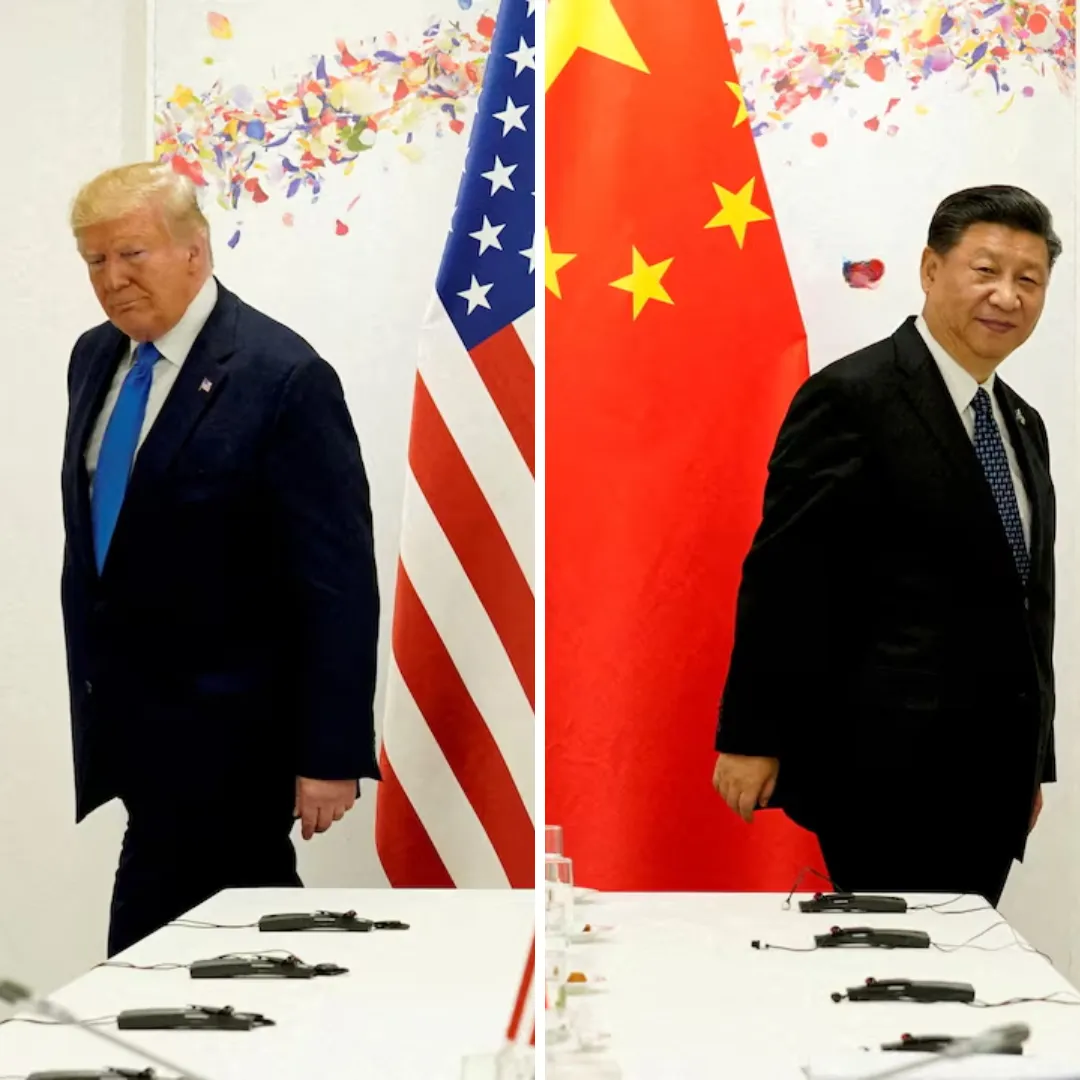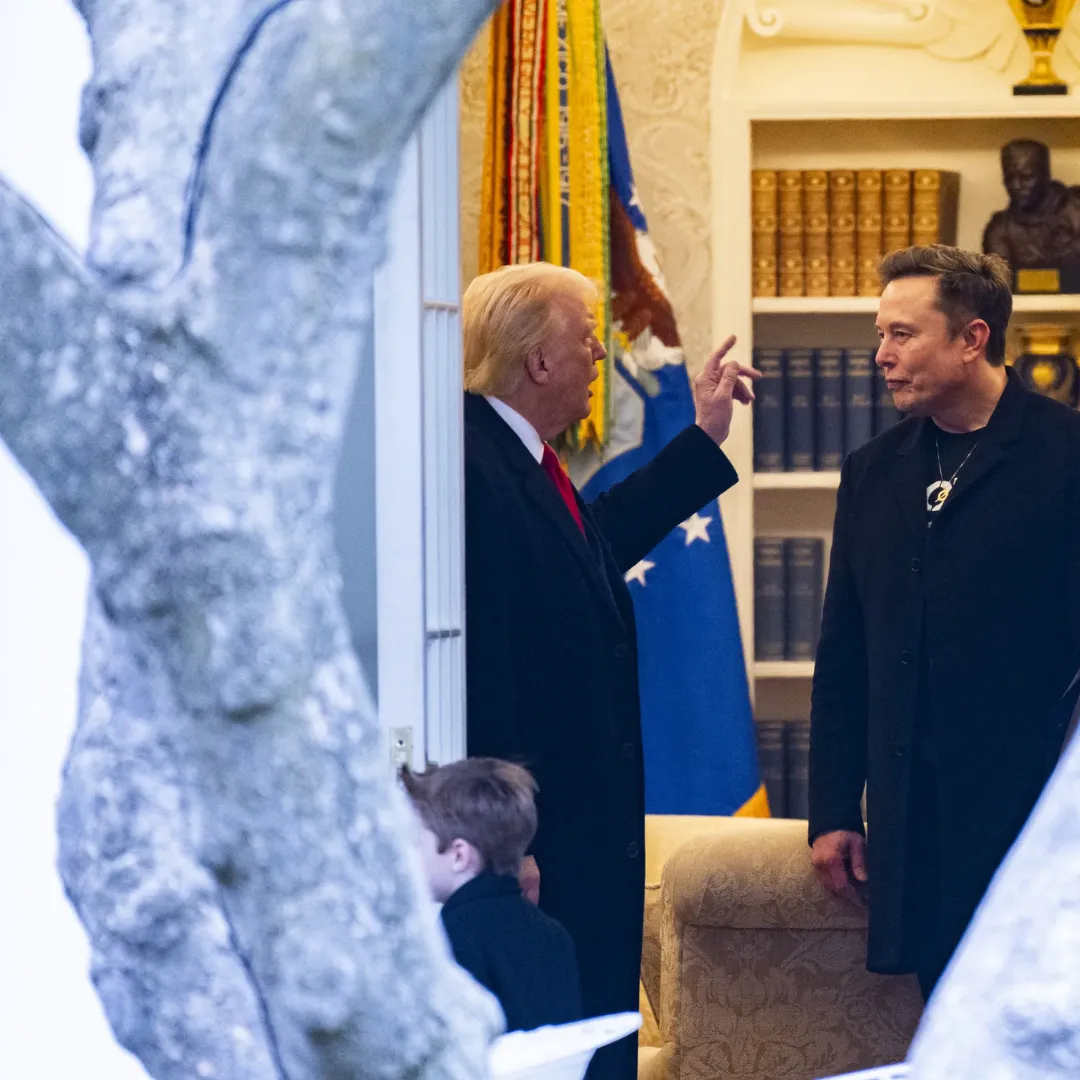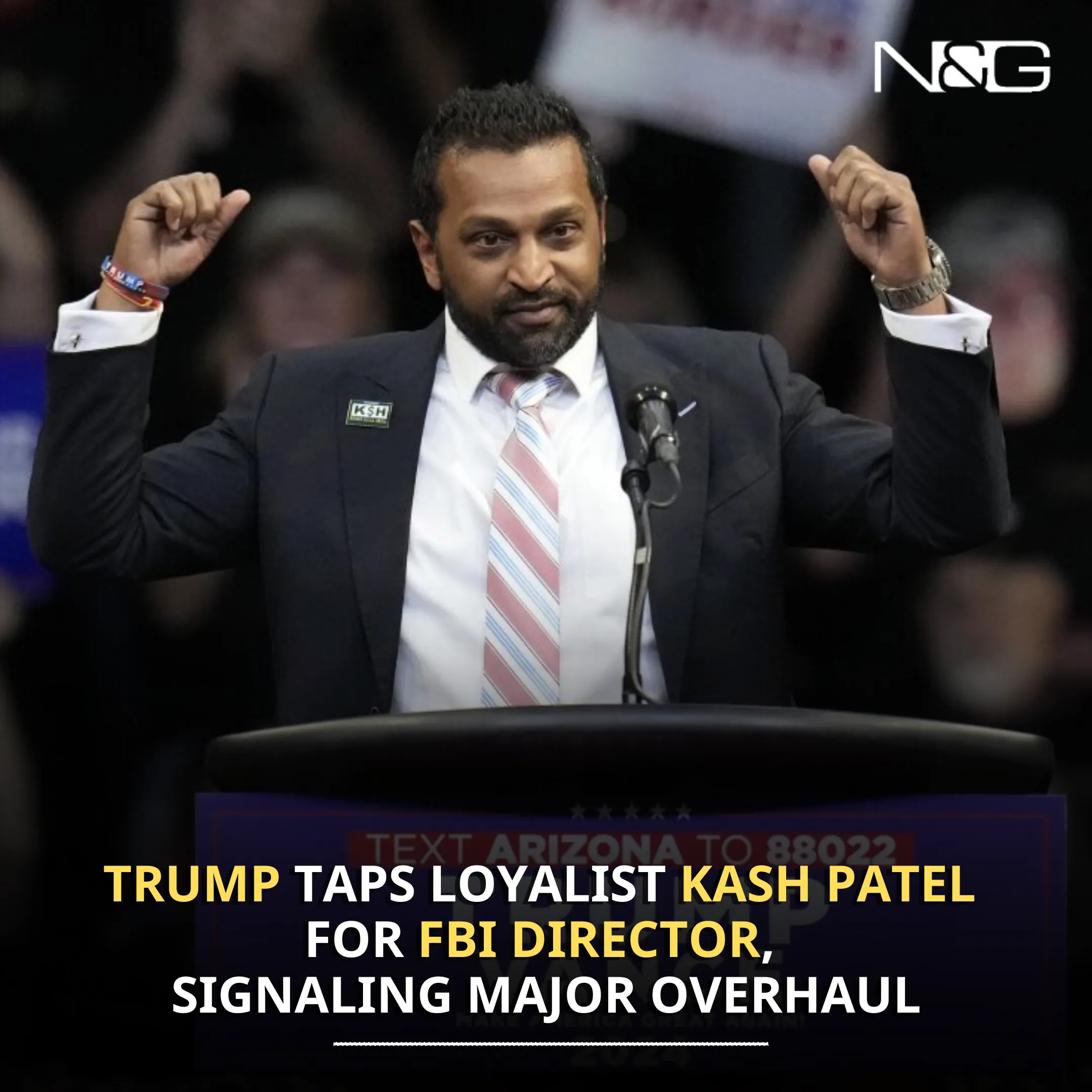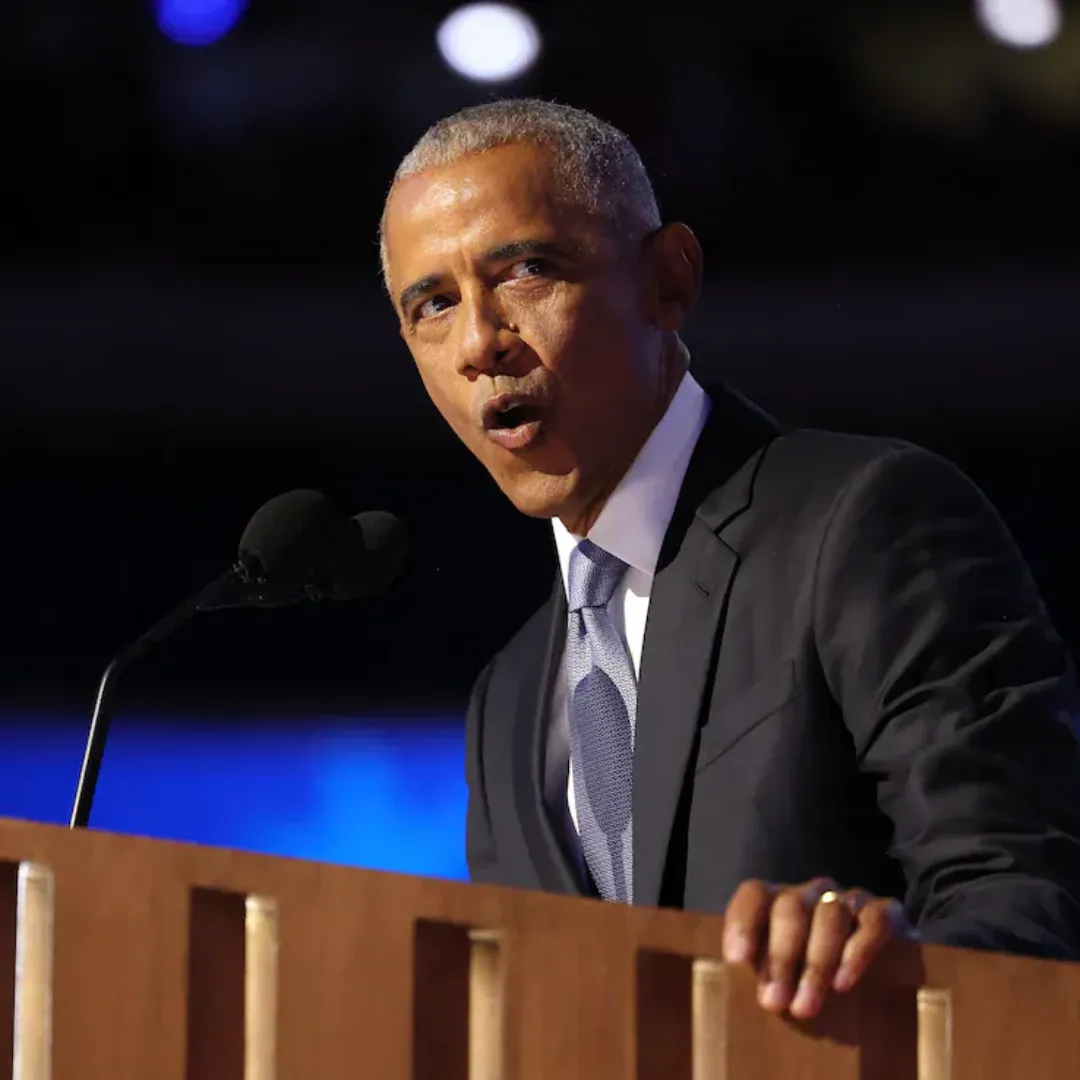
Former President Donald Trump has intensified his public battle with Harvard University, accusing the Ivy League institution of spreading harmful ideologies and threatening to strip its federal funding and tax-exempt status.
The latest exchange between Trump and one of the country’s most prestigious universities has become a flashpoint in the broader national debate over academic freedom, political influence, and the future of higher education.
On Wednesday morning, Trump launched a scathing attack on Harvard in a post on his social media platform, branding the university as an institution in decline and unworthy of federal support. “Harvard is a JOKE, teaches Hate and Stupidity, and should not longer receive Federal Funds,” Trump wrote.
The post was only the latest escalation in what has become a public feud between the former president and the Cambridge-based university. The dispute began earlier this week when Harvard formally rejected a list of demands issued by the Trump administration, which had sought sweeping changes to the university’s policies and governance structure.
In response to Harvard’s refusal, the federal government placed a hold on over $2 billion in contracts with the university and threatened further punitive measures.
According to university officials, the administration’s demands included altering leadership structures, revising disciplinary policies for students, changing admissions and hiring practices, discontinuing diversity and inclusion initiatives, and providing quarterly progress reports. The university refused to comply.
“No government — regardless of which party is in power — should dictate what private universities can teach, whom they can admit and hire, and which areas of study and inquiry they can pursue,” Harvard University President Alan Garber said in a statement following the university’s decision to push back against the federal demands.
Trump did not hold back in his response, zeroing in on the university’s leadership and suggesting that their continued employment was indicative of broader institutional failure. “Harvard’s leaders have ridiculously high salaries,” Trump stated. “They are some of the WORST and MOST INCOMPETENT people to ever run an American institution.”
In an especially pointed portion of his criticism, Trump turned his attention to former Harvard President Claudine Gay.
She led the university through a turbulent period from late 2023 to early 2024 and faced considerable backlash after being questioned by lawmakers on Capitol Hill regarding the university’s response to antisemitism. Later, she was accused of plagiarism, prompting calls for her resignation.
“Look just to the recent past at their plagiarizing President, who so greatly embarrassed Harvard before the United States … Congress,” Trump wrote. “When it got so bad that they just couldn’t take it anymore, they moved this grossly inept woman into another position, teaching, rather than firing her ON THE SPOT.”
The clash has quickly moved beyond just a war of words. On Tuesday, Trump floated the idea of revoking Harvard’s tax-exempt status. Most private nonprofit universities, including Harvard, are exempt from paying federal income taxes due to their educational missions. Trump argued that Harvard’s behavior no longer justified that privilege.
“Many others, like these Leftist dopes, are teaching at Harvard, and because of that, Harvard can no longer be considered even a decent place of learning, and should not be considered on any list of the World’s Great Universities or Colleges,” he added.
Harvard is not alone in facing scrutiny from the Trump administration. Columbia University, another Ivy League institution, was previously targeted with similar demands and legal threats.
After initial resistance, Columbia conceded to several of the administration’s demands but has yet to see the restoration of approximately $400 million in federal grant funding that was frozen as part of the dispute.
Legal action has also been taken. On Friday, faculty members at Harvard filed suit to block the administration’s attempt to enforce its list of policy changes. The lawsuit echoes similar efforts at Columbia and seeks to defend what professors describe as the fundamental right of universities to operate without political interference.
Support for Harvard’s stance has come from within and beyond the academic community. Stanford University and Yale University have both expressed solidarity with Harvard, committing to defend academic freedom and the principles of university self-governance.
Former President Barack Obama also voiced support, stating that Harvard had set an important example by standing firm against government overreach.
In Obama’s words, Harvard’s position was “a necessary and courageous stand in defense of academic freedom, the right of inquiry, and the role of education in a democratic society.”
The growing list of institutions and public figures rallying around Harvard underscores what many see as a critical moment for the future of American higher education.
For decades, universities like Harvard have enjoyed autonomy in setting their curricula, admissions standards, and hiring practices. The Trump administration’s efforts to challenge that autonomy have raised concerns about a dangerous precedent that could erode foundational values of academic independence.
Critics of Trump’s approach argue that attempting to control university operations through federal funding threats represents an abuse of executive power.
They also warn that such actions could lead to a chilling effect in academia, discouraging universities from engaging in research or teaching that might be seen as politically controversial.
Defenders of Trump’s position counter that the federal government has a right to demand accountability from institutions receiving public funds. They argue that universities have become ideological echo chambers, and that federal oversight is necessary to ensure educational environments are fair, balanced, and focused on quality rather than political correctness.
The funding freeze currently in place could have significant impacts on Harvard’s research capabilities. The university relies on federal contracts and grants to support a wide array of scientific, technological, and medical research projects. A prolonged interruption in that funding could not only damage Harvard’s academic standing but also delay or derail important research initiatives that affect public health, national security, and economic development.
Faculty members and students alike have expressed frustration over what many see as political theater at the expense of academic freedom. “Our ability to pursue truth, challenge assumptions, and foster critical thinking is under direct threat,” one Harvard faculty member said. “We are not just fighting for Harvard. We are fighting for every student and professor in this country who believes in the power of education.”
Meanwhile, Trump appears to be using the Harvard controversy as a rallying point for his political base. His criticism of elite institutions has long resonated with supporters who view the Ivy League as out of touch with average Americans. In recent speeches and posts, Trump has repeatedly characterized higher education as an industry dominated by radical ideology, suggesting that his administration would take further steps to reform it.
As the situation continues to develop, questions remain about whether the Trump administration will follow through on its threats to revoke Harvard’s tax-exempt status, or whether Congress or the courts will intervene. In the absence of a clear resolution, the standoff has turned into a symbol of the larger cultural and political divisions that continue to define the national discourse.
If Harvard loses its tax-exempt status or fails to regain access to federal contracts, other universities may become more cautious in their public stances or policies, potentially shifting the landscape of American higher education for years to come.
For now, Harvard stands firm in its refusal to submit to what it views as government overreach. University leaders continue to emphasize that their mission is to provide education and foster inquiry free from external control.
“We are not a political institution,” President Garber reiterated. “We are a university. We must remain a place where ideas can be tested, debated, and explored without fear.”
As the dispute moves into the legal arena, and with other institutions watching closely, the outcome could define not only the future of federal-university relations but also the limits of political influence in the classroom.





